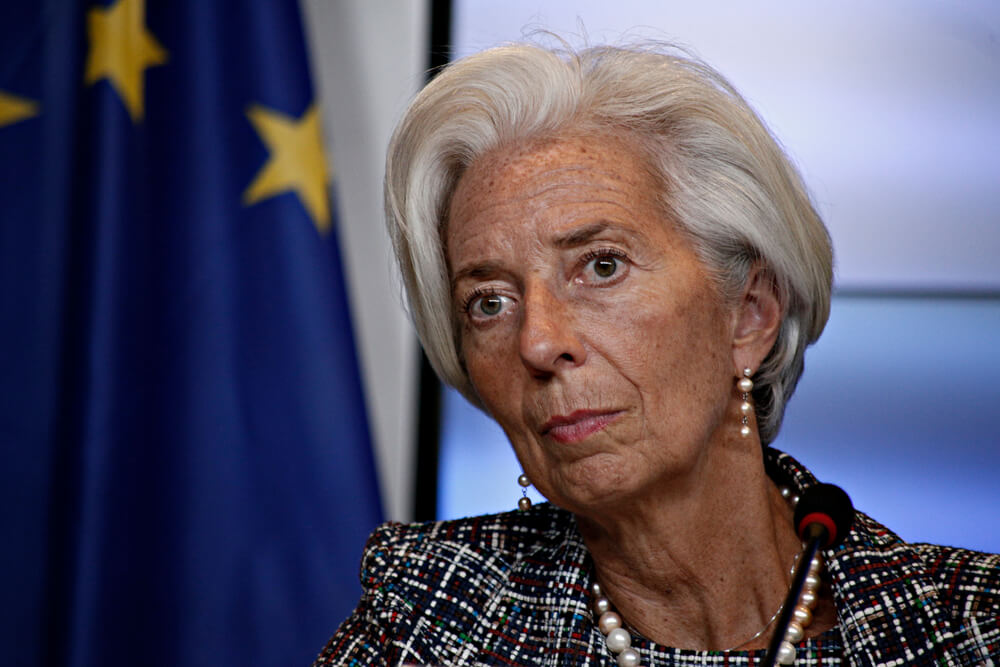After three days of arduous negotiations, European Union leaders broke a deadlock Tuesday and nominated German Defense Minister Ursula von der Leyen to become the new president of the bloc’s powerful executive arm, the European Commission, and take over from Jean-Claude Juncker for the next five years.
European Council President Donald Tusk said in a series of tweets that Belgian Prime Minister Charles Michel would take over from him in the fall.
Frenchwoman Christine Lagarde was proposed as president of the European Central Bank, while Spanish Foreign Minister Josep Borrell was nominated to become EU foreign policy chief, meaning he would be charged with supervising the Iran nuclear deal, among other duties.
Only Michel can take up his post in November without other formalities. The others, notably von der Leyen, must be endorsed by the European Parliament. The assembly sits in Strasbourg, France on Wednesday to elect its own new president.
“It is important that we were able to decide with great unity today, and that is important because it’s about our future ability to work.” German Chancellor Angela Merkel told reporters after the nominations — decided away from the cameras and media in a long series of meetings — were made public.
Several lawmakers have already objected to the leaders’ package of nominations, and it remains to be seen whether the parliament will flex new found muscles following the massive turnout for EU-wide elections in May. Party leaders have said the vote has brought the assembly — the EU’s only elected institution — even more democratic legitimacy.
“It won’t be easy in parliament,” said Juncker, who steps down on Oct. 31 as head of the commission, which proposes and enforces EU laws.
Tusk said “it was worth waiting for such an outcome” and that he would do his best to explain to what could well be a tetchy parliament on Thursday how the nominations were made and what thought processes went into the move.
“It’s always a huge question mark. This is why we have parliaments,” Tusk said, with a wry smile.
Von der Leyen would be the first woman in the commission job, and Merkel said this is “a good sign.”
So would Lagarde — currently chair of the International Monetary Fund — and she would serve for up to eight years if her nomination is endorsed.
“That’s a very important statement that Europe leads on gender equality,” Irish Prime Minister Leo Varadkar said.
“It might have taken three days, but it’s a good outcome overall,” he told reporters.
The nominations came after one of the longest summits in recent years, outstripping even all-night negotiations during the Greek debt crisis.
Already plagued by crises like Brexit and deep divisions among nations over how best to manage migration, the leaders had been keen to show that they could take quick decisions and that the European project remains important to its citizens.
But they struggled to establish a delicate balance between population size and geography — an even mix of countries from the north and south, east and west, and ensure that at least two women were nominated. Tusk said he hoped that someone from a central or eastern European member state would be voted in as president of the European Parliament.
Despite deep tensions, some tantrums by leaders behind the scenes and even public criticism of his handling of the summit, Tusk said: “Five years ago we needed three months to decide, and still some leaders were against. This year it was three days and nobody was against.”
© The Associated Press. All rights reserved.
